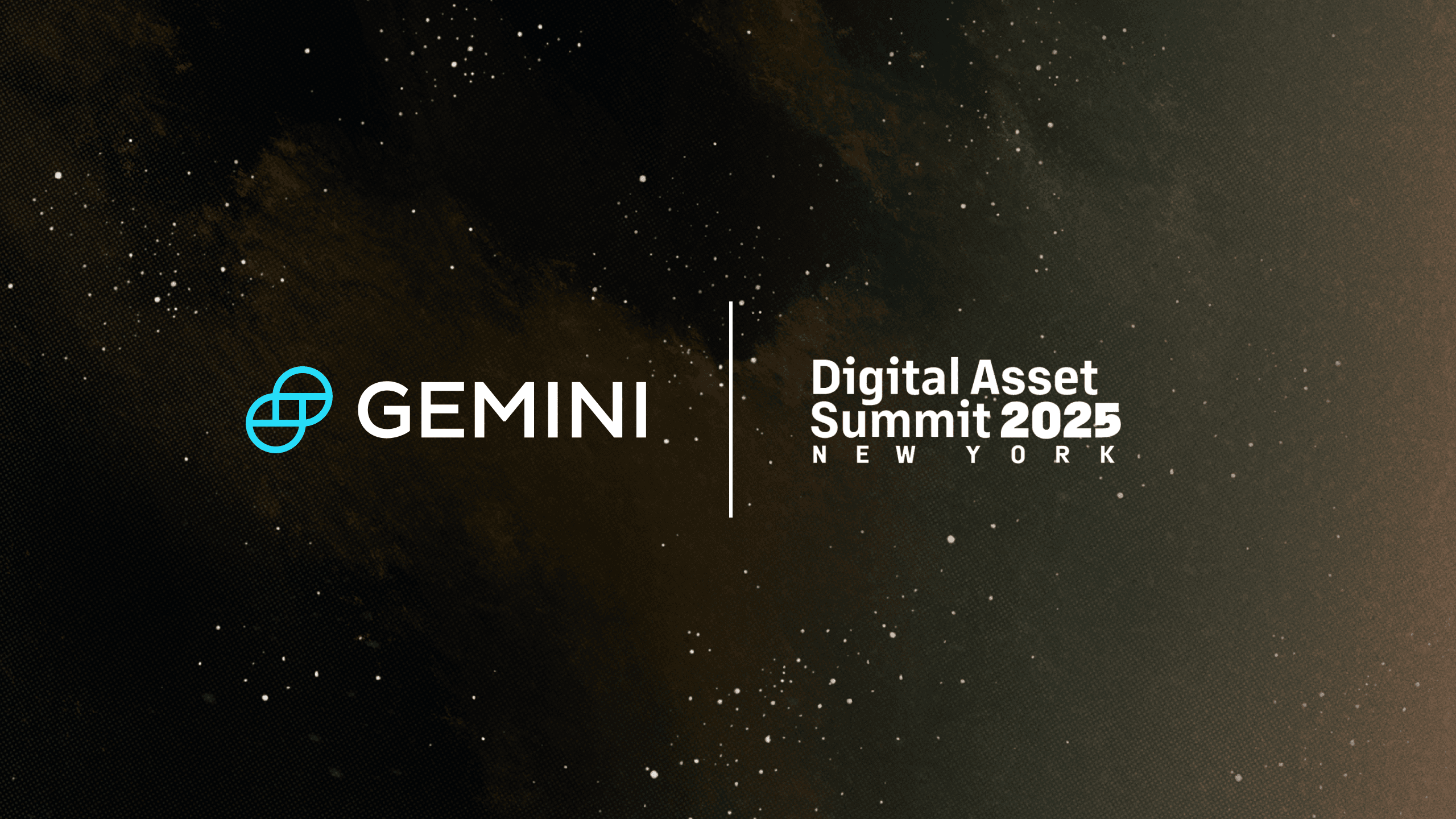Page d'accueil du blog
COMPANY
OCT 10, 2023
Validator-as-a-Service (VaaS): a Step-by-Step Guide to How Gemini Securely Stakes Your ETH

As we continue to build products that enable everyone to harness the opportunity of crypto, we want to take a moment to provide you with a look “under the hood” into how some of our crypto-native products function. Today, we explore Gemini Staking Pro, which allows users to set up their own dedicated Ethereum validators all within the regulated and secure Gemini ecosystem.
Gemini Staking Pro is a crypto staking product built specifically for institutions and high-net-worth individuals. Gemini users with 32 ether (ETH) or more can run dedicated validators on the Ethereum network, through Gemini’s simple and secure user interface. To run this process, we built a cutting-edge Validator-as-a-Service (VaaS) offering, allowing Gemini users to participate in Ethereum's decentralized Proof-of-Stake (PoS) consensus mechanism.
In this blog, we follow the path your ETH takes when you decide to stake with Staking Pro, outlining the step-by-step process of managing Ethereum validators within our in-house infrastructure, built with transparency and trust at its core.

Step 1 — Customer Buys ETH or Transfers ETH into Gemini Account
The first step when staking with Gemini Staking Pro is having ETH in your Gemini Exchange account. There are two ways you can do this: 1) buying 32 ETH through our exchange, or 2) transferring ETH from an external wallet into your account. Read more about how to fund your account, or how to purchase and deposit crypto on our support center.
Step 2 — Customer Initiates Staking Request
Once you have at least 32 ETH in your account, you can begin the staking process. To start, navigate to the Grow tab on your account, and request to stake 32 ETH through Staking Pro.
Once you’ve initiated the request, Gemini proceeds to transfer 32 ETH from your account and create an Ethereum validator within our Validator-as-a-Service (VaaS) system. The validator we create is then assigned to your account. Your staking status will be updated to "pending."
Step 2.5 — From Pending to Active
Once your status is set to "pending,” your validator is either being moved on-chain or is in Ethereum’s on-chain activation queue and is yet to be activated.
The length of the activation queue depends predominantly on the level of activity on the network at any given time. Queues will be longer when there are many staking validators to be set up, while the queue will be shorter during periods of lower demand.
The status will switch from "pending" to "active" when your validator exits the activation queue and is activated on the Beacon chain, Ethereum’s consensus layer.
Step 3 — You Are Staked! Validator Activation and Rewards
Once activated, your validator becomes eligible to verify transactions in proposed blocks and accrue staking rewards on the Ethereum consensus layer — in essence, you have now joined the thousands of validators across the globe securing the Ethereum network and verifying transactions.
In some cases, your validator may be selected to propose new blocks, allowing you to earn both consensus (newly minted ETH) and execution (ETH-denominated transaction fees) layer rewards for the proposed transactions.
It is important to note that the validator must propose a set of valid and accurate transactions; inaccurate transactions may be penalized through a process known as “slashing,” which can result in the loss of a portion of your originally staked 32 ETH. Gemini has developed a robust system with monitoring tools to minimize losses due to slashing.
Step 4 — Rewards and Gemini Account Updates
The Ethereum network will automatically transfer any ETH rewards accrued in your validator to a withdrawal queue. It then takes approximately five days for those funds to transfer from the withdrawal queue to a Gemini-controlled wallet. You can then choose to unstake your rewards.
Once your rewards are unstaked, you can either seamlessly re-stake them or withdraw them to your Gemini exchange wallet. Gemini conducts daily balance and reward queries at 4pm ET, which then updates your account accordingly. We also consider the asset's price at the time of the snapshot so we can display your ETH’s current fiat value.
Step 5 — Unstaking Process
If you decide to unstake your ETH you can submit a request from the Grow tab in your Gemini account. Gemini will then execute your request on-chain, and your ETH enters the network’s withdrawal queue.
Similar to the activation queue, the exit queue's length varies based on the number of unstaking requests the network has received. A large number of requests may result in a longer wait period before your ETH becomes available to you. When you submit your request to unstake, we will provide you with an estimated timeframe for when you can expect your ETH to exit the queue. Please note that this time frame is only an estimate.

We are proud to provide our users with a secure and reliable method to run dedicated Ethereum validators directly through Gemini. If you have additional questions about the journey your ETH takes through the Gemini Staking Pro program please feel free to contact us at staking@gemini.com.
Additional Staking Options Coming to Gemini
We anticipate launching support for non-custodial staking, enabling users to stake ETH on Gemini that they hold in Gemini Custody or in their own private wallets. Stay tuned on our blog or fill out this form for more information on when non-custodial staking will become available.
To connect with one of our dedicated staking experts and learn more about non-custodial staking on Gemini, we invite you to reach out to staking@gemini.com.
Onward and Upward!
Team Gemini
ARTICLES CONNEXES

WEEKLY MARKET UPDATE
MAR 27, 2025
BlackRock Launches First European Crypto ETP, White House Narrows Tariff Strategy, and Fidelity Launches Blockchain Treasury Fund

COMPANY
MAR 26, 2025
Digital Asset Summit Recap: Trump Makes Surprise Appearance, Crypto Legislation Poised To Move Forward, and Gemini Talks Crypto Custody

WEEKLY MARKET UPDATE
MAR 20, 2025